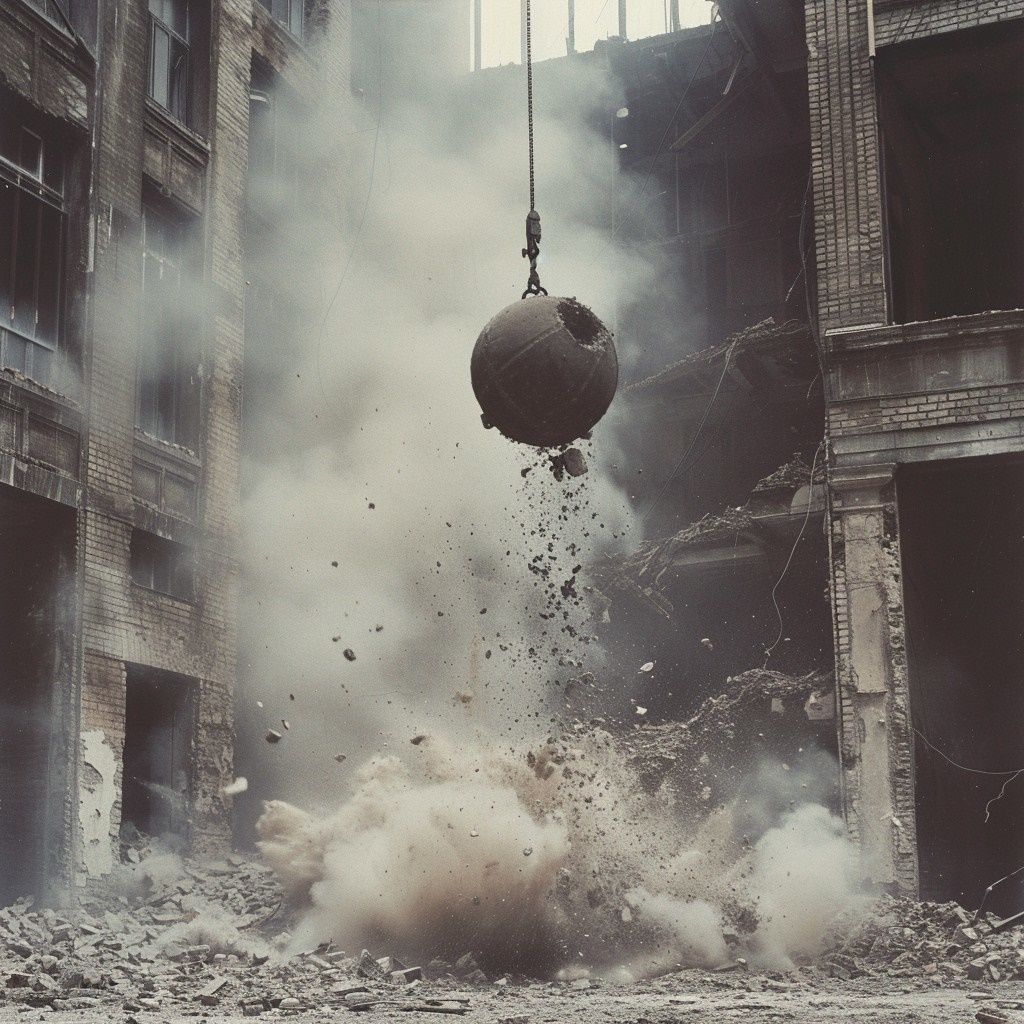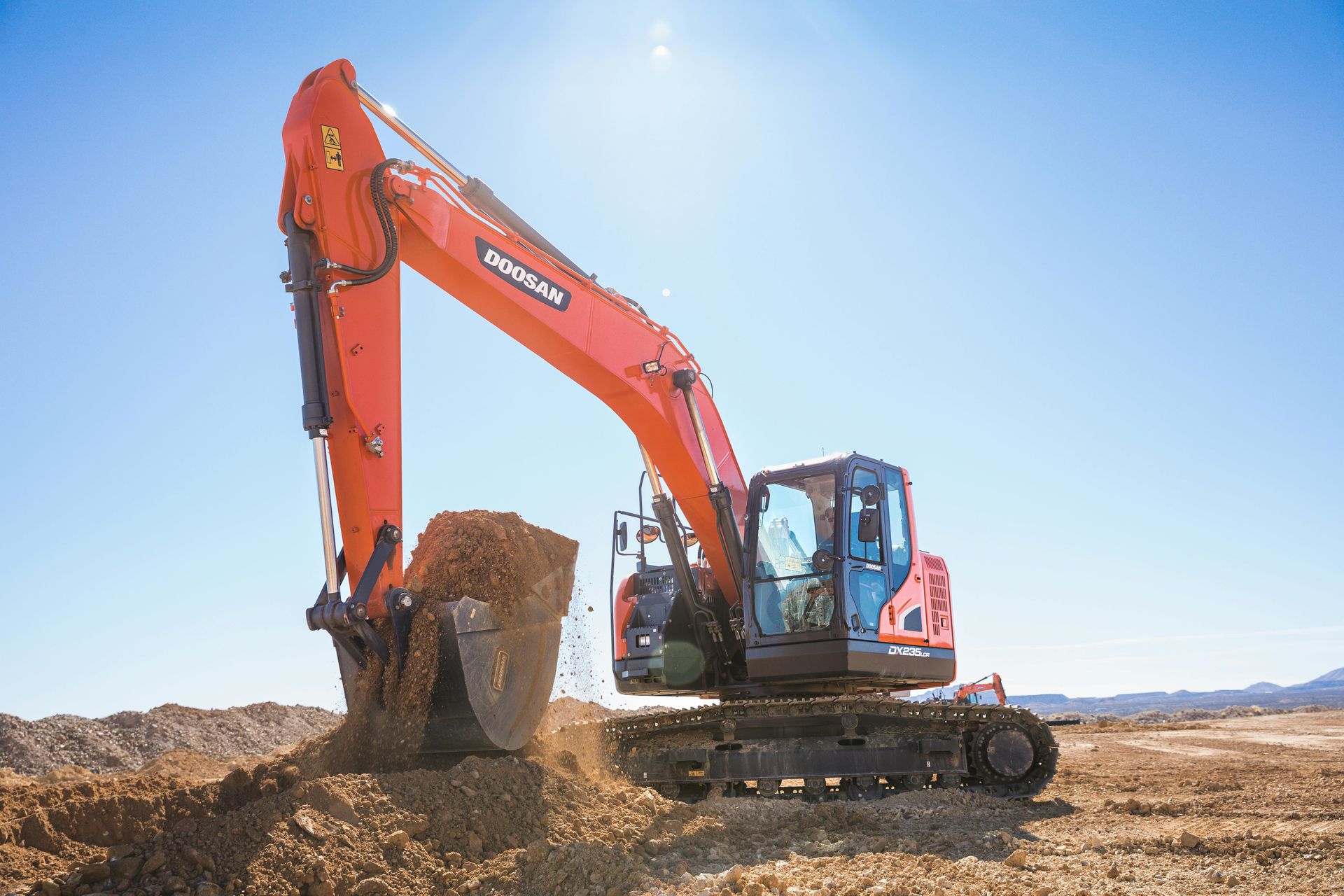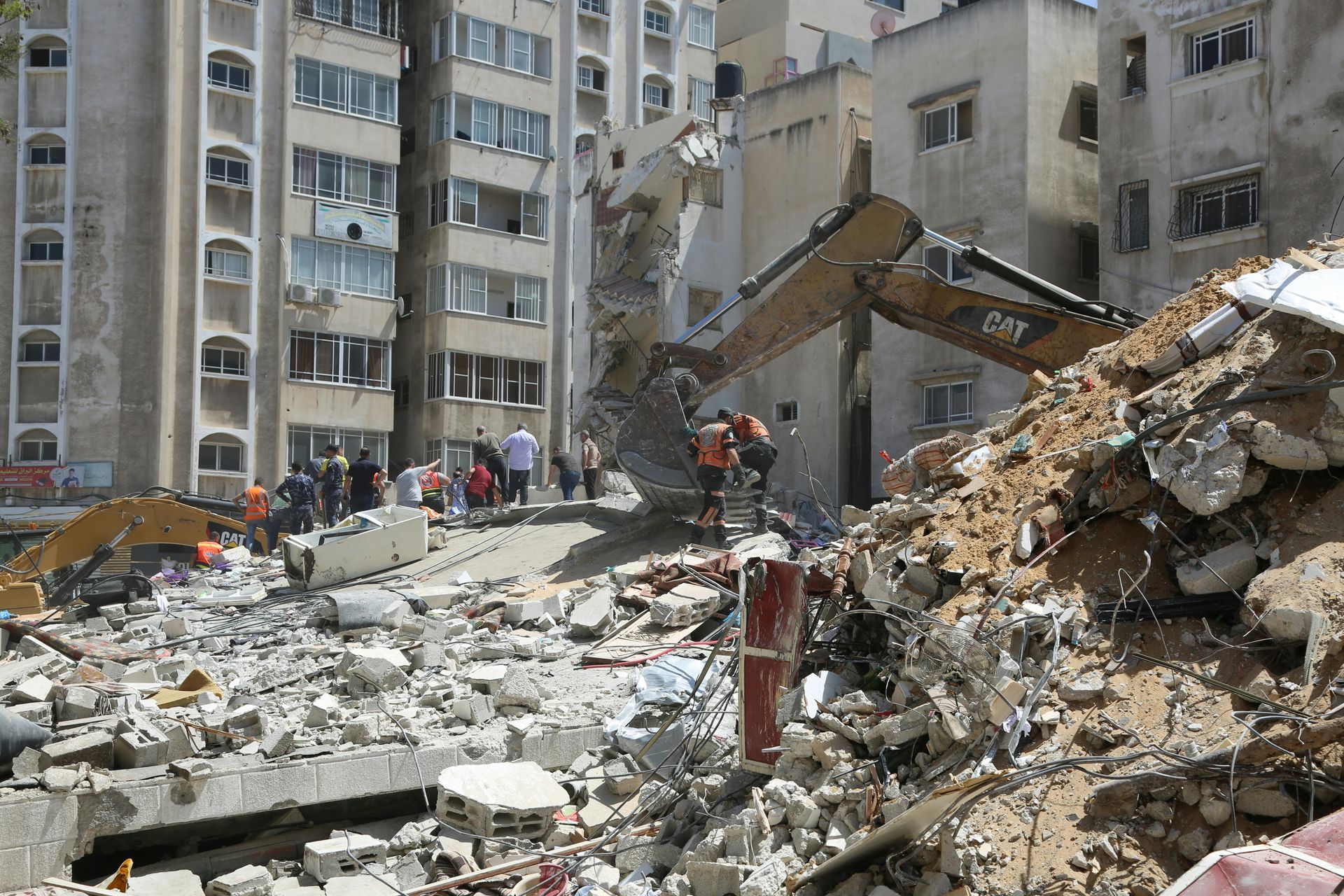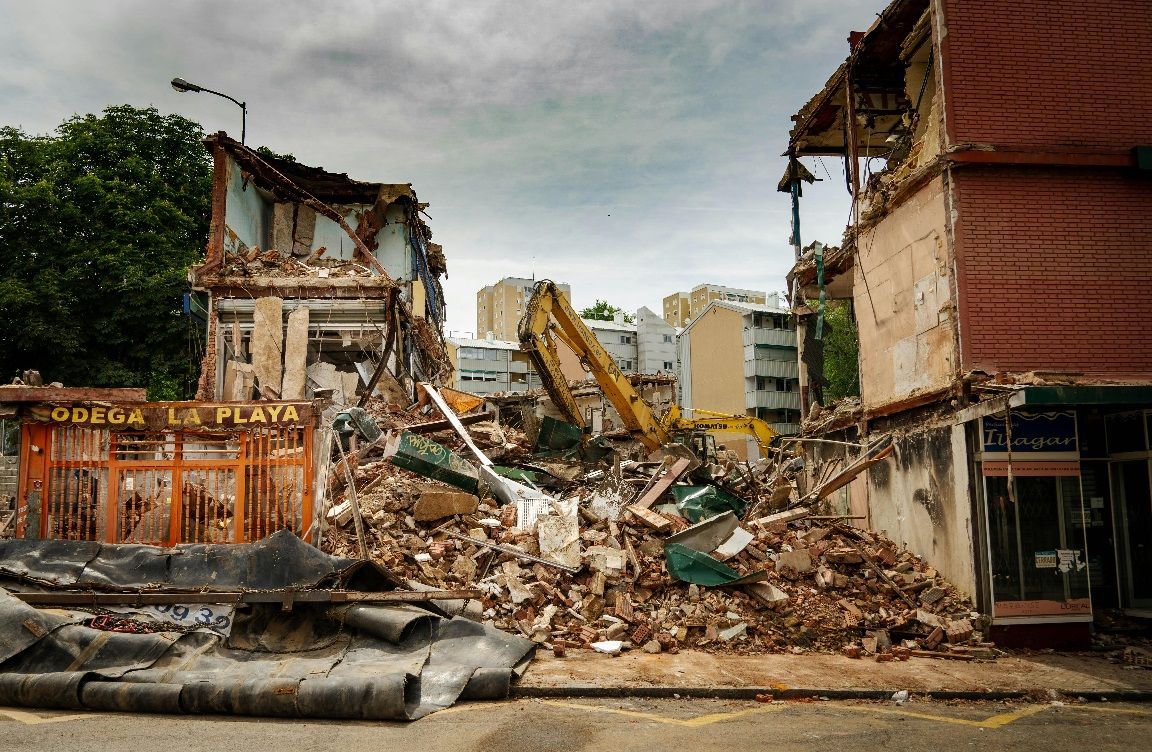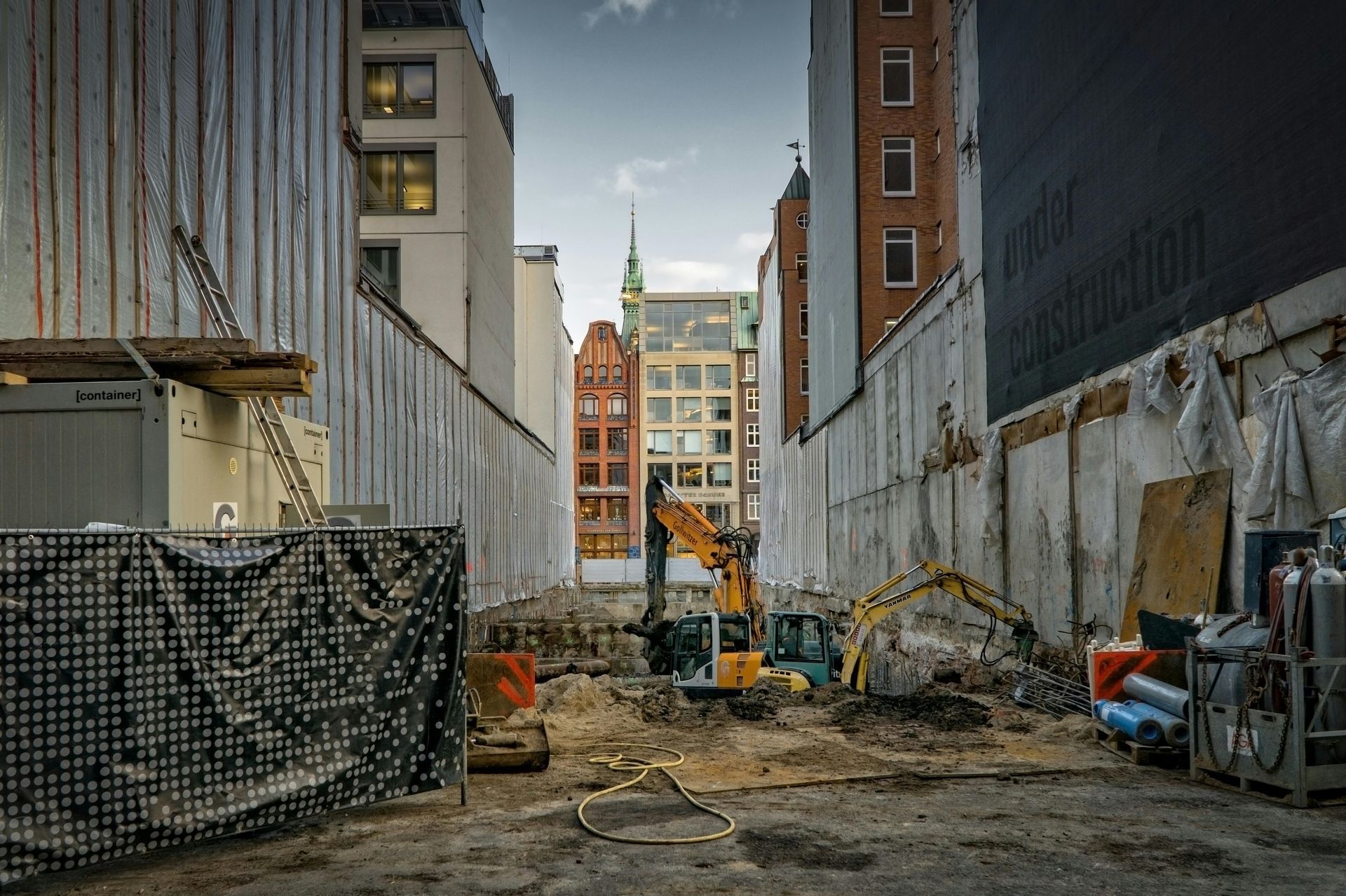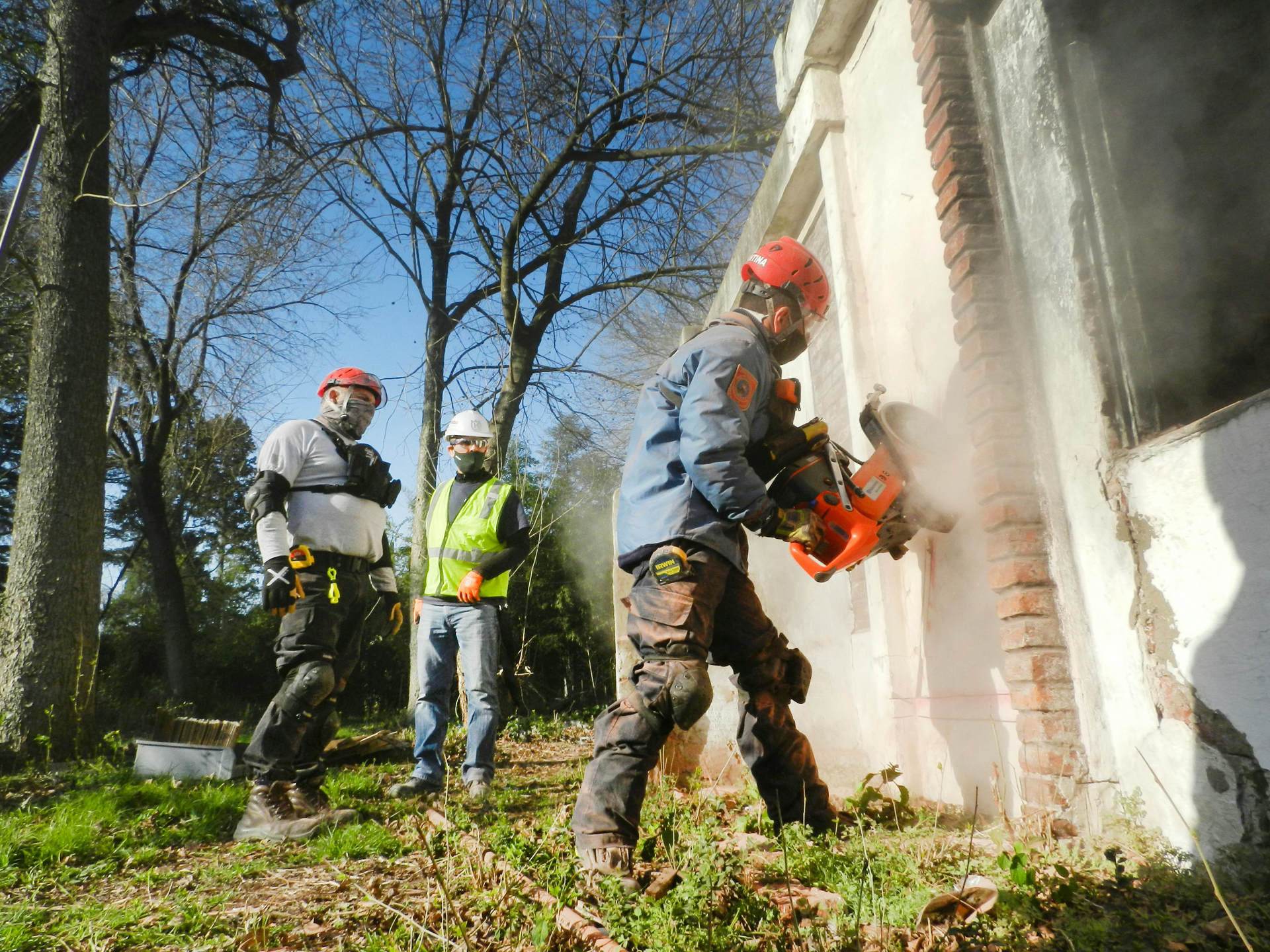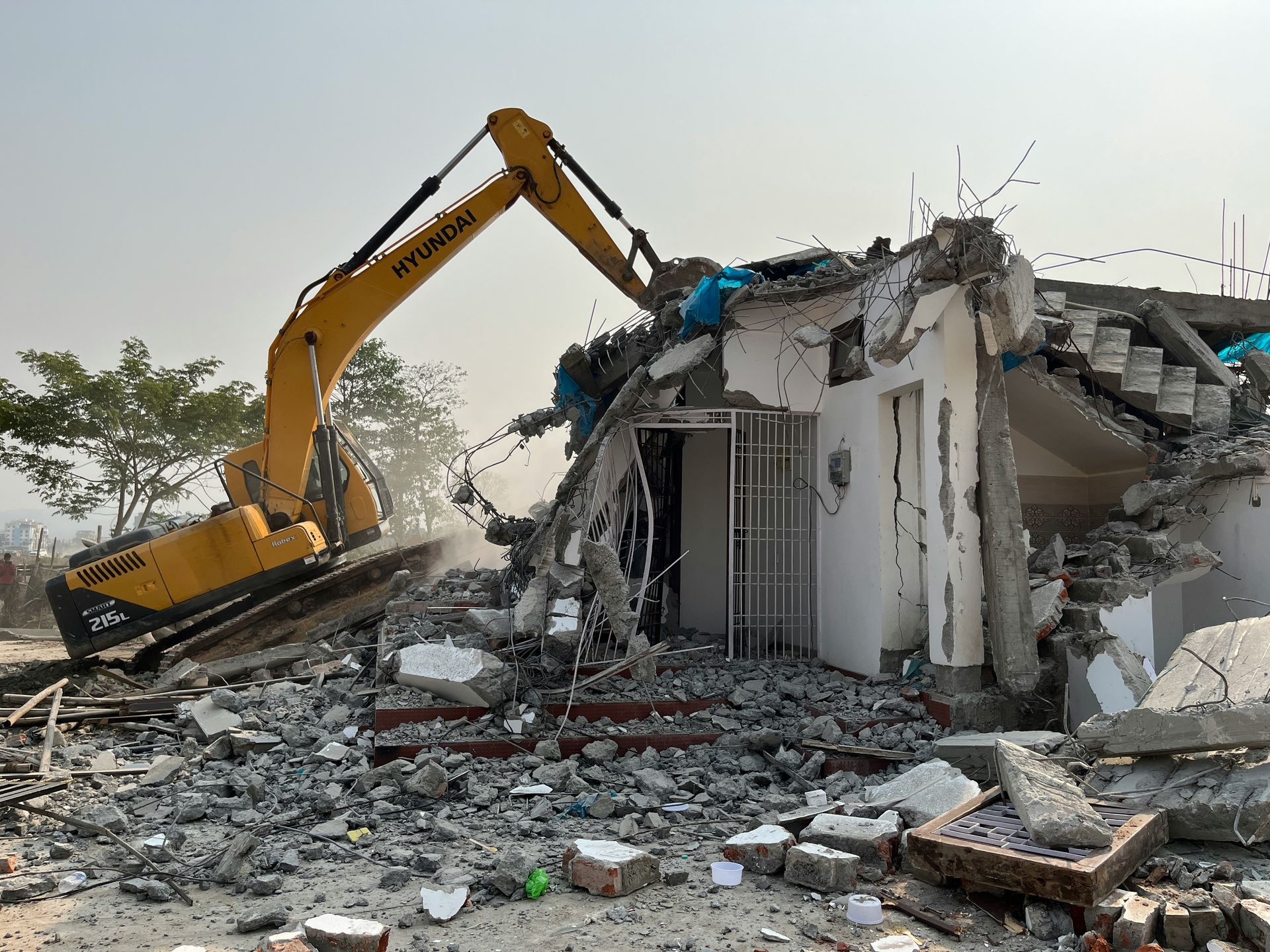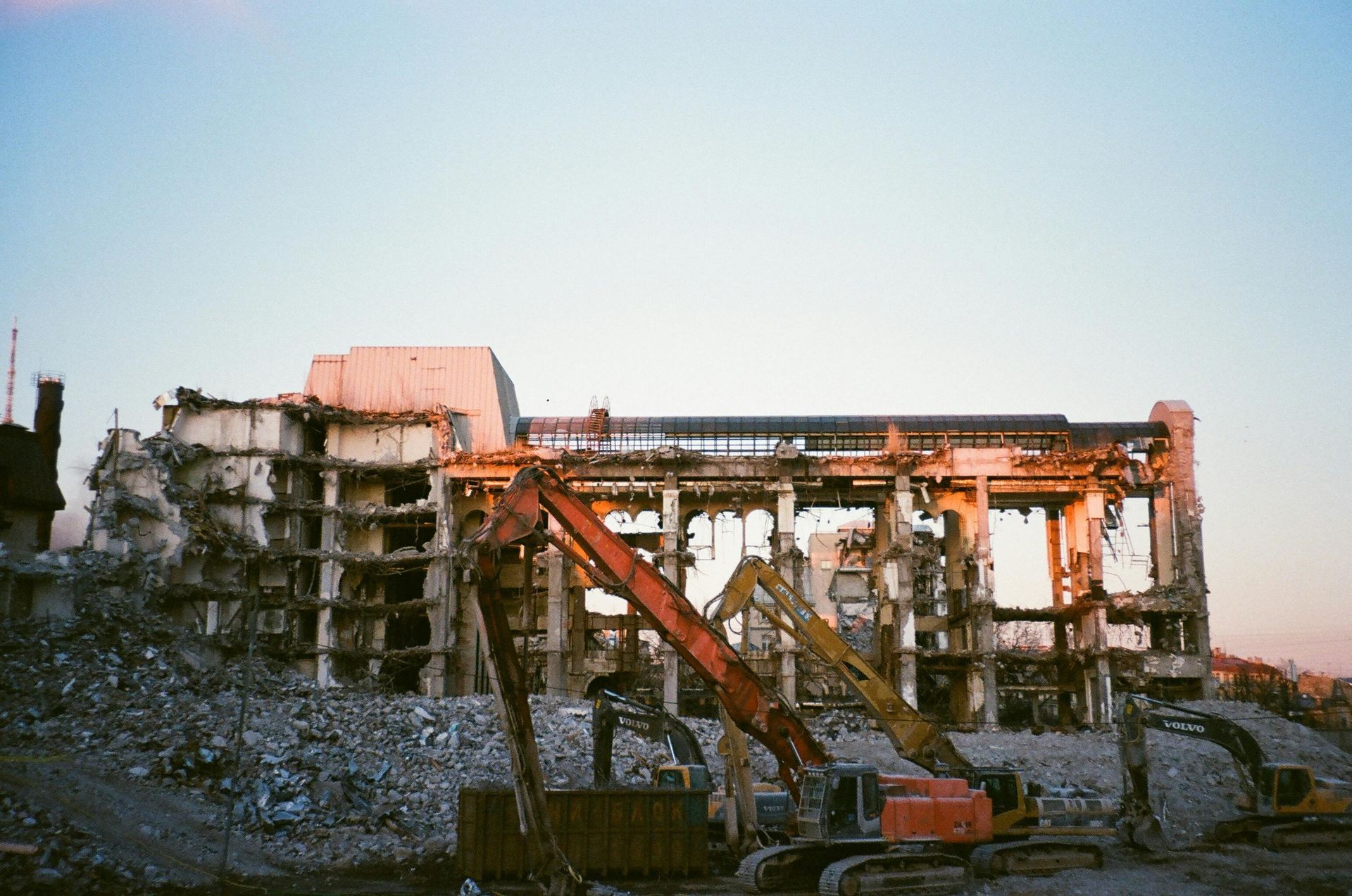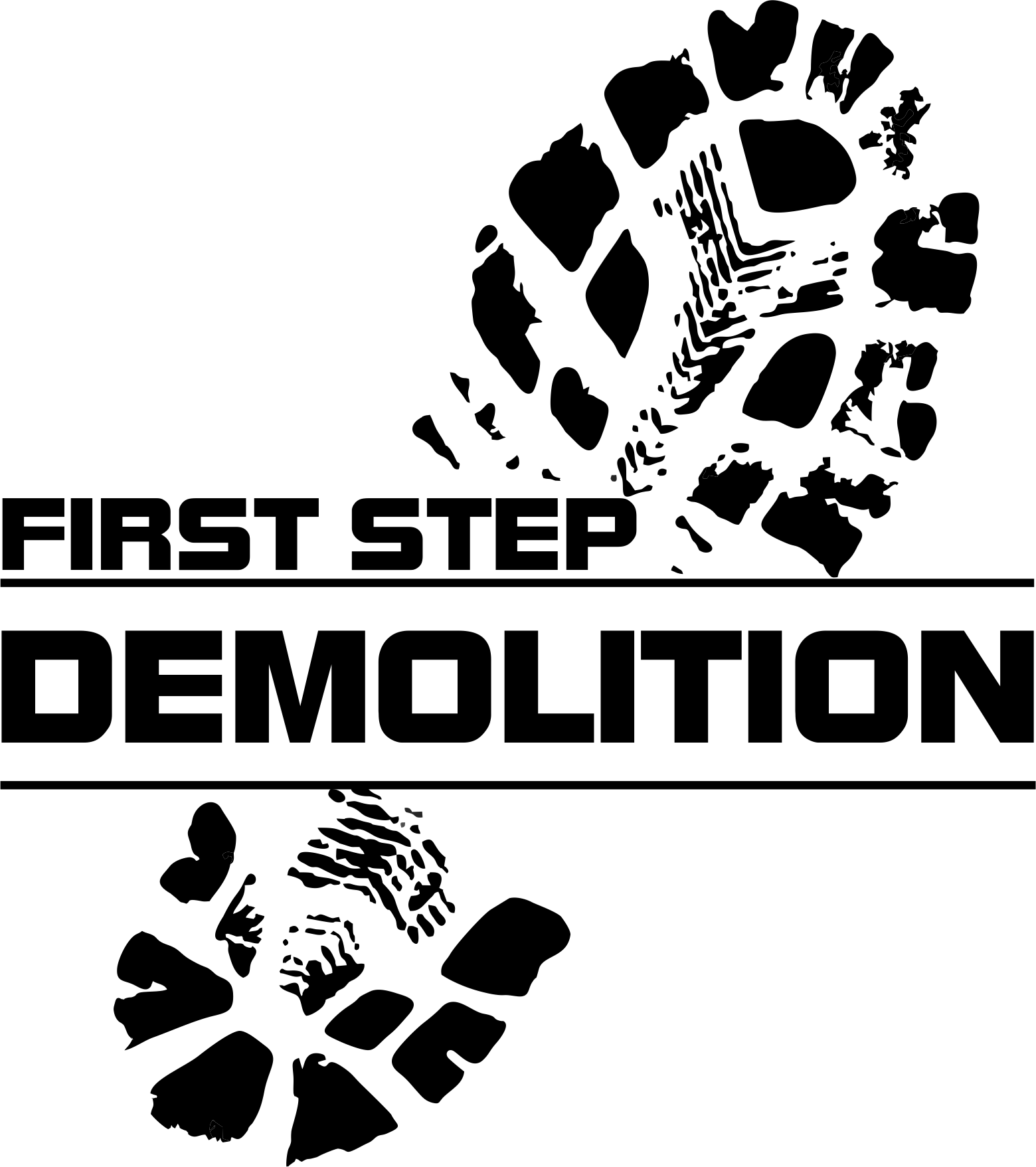Factors to consider when choosing a commercial demolition company
Choosing the right commercial demolition company can be a crucial decision for any business or homeowner. Not only does selecting the wrong person for the job take up valuable time and resources, but it could leave you paying more than necessary or stuck with subpar results that don't meet local regulations. Fortunately, by understanding certain factors to look out for when hiring a commercial demolition contractor, you'll be able to make an informed choice while ensuring your project runs smoothly and stays within budget. In this blog post, we'll discuss some of those key points so that you have all the information needed to find just the right team for your next project.
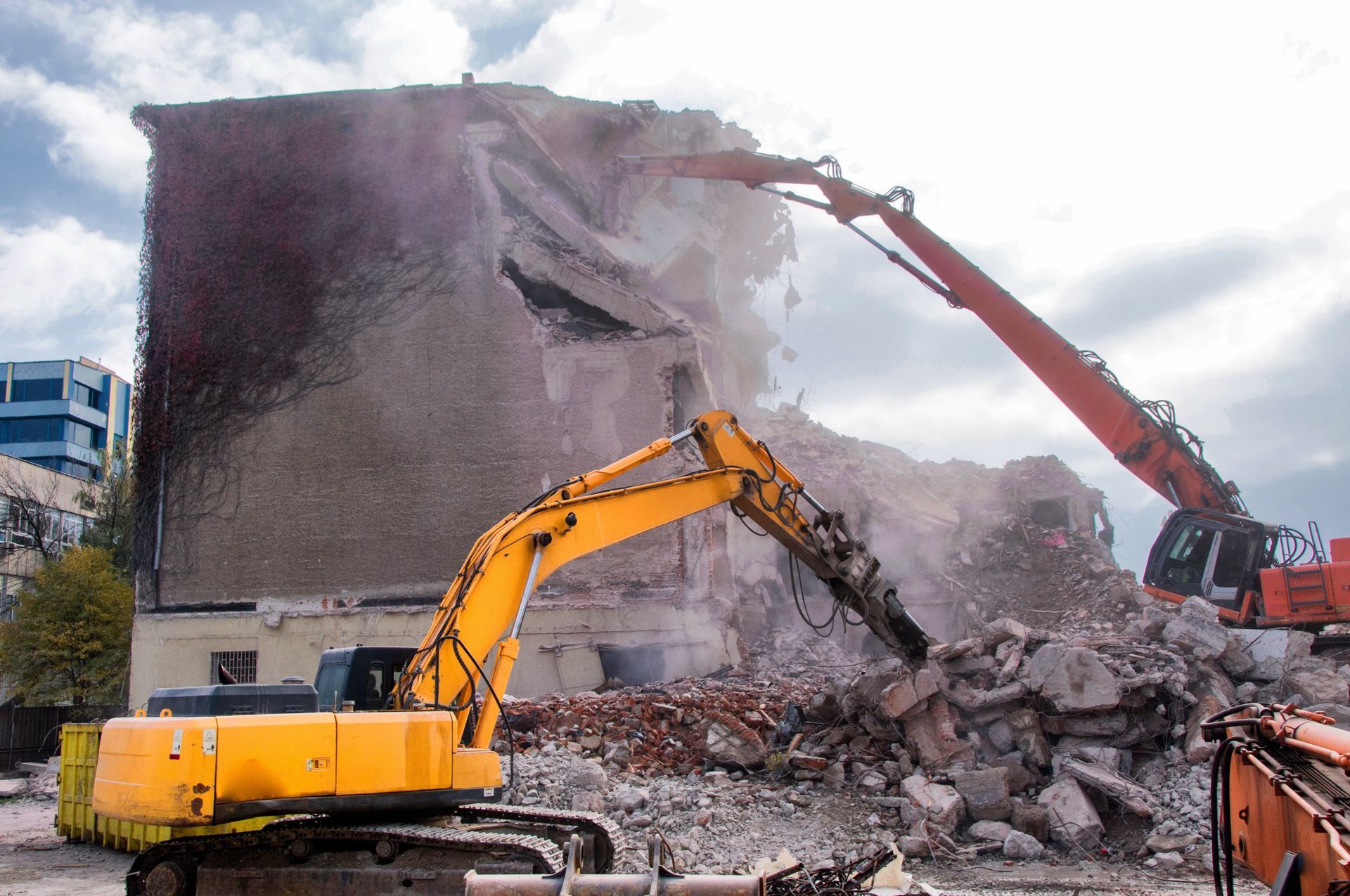
8 Factors to Consider when Choosing a Commercial Demolition Contractor
When it comes to commercial demolition, there are several factors to consider when choosing a company to handle the job. A
successful demolition project requires careful planning, proper equipment, and experienced professionals who can safely bring down a building without causing harm to nearby structures or individuals. The following are eight key factors to keep in mind when selecting a commercial demolition contractor.
1. Experience and Reputation
One of the most important things to look for in a demolition company is experience. Look for a company that has been in business for several years and has a proven track record of successful projects. Ask for references and check the company's reputation by reading online reviews, talking to past clients, and researching their safety record. A commercial demolition company with a lot of experience is likely to have encountered and resolved a variety of issues that may arise during a project. They will also be able to provide a portfolio of past projects as well as references from satisfied clients.
A commercial demolition contractor with a good reputation will have earned the trust of their clients and the respect of their peers. They will also be up-to-date on the latest industry standards and regulations. Choosing a commercial demolition company with experience and a good reputation will give you peace of mind that the job will be done safely and efficiently.
2. Equipment and Technology
Demolition is a heavy-duty job that requires specialized equipment and technology. Make sure that the company you choose has the right tools and machinery for the job. The company should also have a good understanding of the latest demolition techniques and technologies, such as controlled demolition and implosion, to ensure a safe and efficient job. Safe and cost-effective commercial demolition requires specialized equipment such as bulldozers, cranes, jacks, sledgehammers, and a variety of other heavy machinery. Without the right equipment, it may take too long to complete the job or put your commercial site in jeopardy of potential accidents.
Additionally, investing in technology such as laser measurements and robotic arms can make the commercial demolition process smoother and quicker than ever before by utilizing advanced cutting techniques that save time, labor costs, and hassle. With this type of precision education available to commercial demolition contractors today, choosing one with up-to-date tools can ensure the demolition process is finished effectively and efficiently.
3. Safety Record
Safety should be a top priority when it comes to commercial demolition. Choose a company that has a strong commitment to safety and has a good safety record. Make sure the company follows all local, state, and federal safety regulations, and that their employees are trained and equipped with the proper safety gear. Good safety records demonstrate that a commercial demolition contractor takes all necessary precautions to prevent accidents and protect workers on the job site. Additionally, a good safety record indicates that a commercial demolition contractor has had success in safely completing previously complex commercial demolitions of varying sizes and types. Therefore, having a good safety record is one of the most important factors to consider when selecting a commercial demolition contractor for any commercial project.
4. Licensing and Insurance
A professional demolition company should be licensed and insured. Check that the company is properly licensed by the state and that their insurance covers all aspects of the job, including damage to neighboring buildings and injury to workers or bystanders. This will provide peace of mind and protect you from any liability issues that may arise during the demolition process.
5. Environmental Concerns
Demolition can have a significant impact on the environment. Make sure that the company you choose has a solid understanding of environmental regulations and is equipped to handle any hazardous materials that may be present on the site. The company should have a plan in place to safely remove and dispose of any hazardous materials, and should have a good track record of environmental compliance.
6. Cost
Demolition projects can be expensive, so it's important to choose a company that provides a competitive and transparent price quote. Make sure that the company provides a detailed estimate of the costs associated with the project, including labor, equipment, and any environmental or safety requirements. Avoid companies that offer a low-cost estimate, as this may mean that they are cutting corners on important safety measures or environmental regulations.
7. Communication and Coordination
Effective communication and coordination are critical for a successful demolition project. Choose a company that is responsive and open to communication, and that will work with you to ensure that the project runs smoothly. The company should provide regular updates on the progress of the project, and should be open to any questions or concerns you may have.
8. After-Demolition Services
Once the demolition is complete, there may be a need for further services such as site cleanup and debris removal. Look for a company that offers these services, or that can provide referrals to trusted partners. This will help ensure that the site is cleaned up and ready for the next stage of development.
Conclusion
In conclusion, choosing the right commercial demolition company is crucial for a successful demolition project. Consider the experience and reputation of the company, their equipment and technology, their safety record, licensing and insurance, environmental concerns, cost, communication and coordination, and after-demolition services when making your decision. By considering these factors, you can be confident that you have chosen a company that will safely and efficiently bring down your building and prepare the site for the next stage of development.
First Step Demolition
At First Step Demolition we comprehend the importance of each factor in finding the ideal provider. Therefore, our services are based on quality standards and total customer satisfaction. For more than ten years we have been providing local clients with state-of-the-art machinery and unsurpassed expertise in completing successful demolition projects all around Arizona. Furthermore, our robust insurance coverage ensures that all jobs are completed without incident. With our special discounts for specialized accounts and unbeatable rates for other clients along with advanced safety protocols and unequaled experience delivering outstanding results – First Step Demolition rises above any competition in Arizona.
Get started now and take your first steps towards a successful commercial demolition project by reaching out to us at First Step Demolition to receive a
free quote today!
